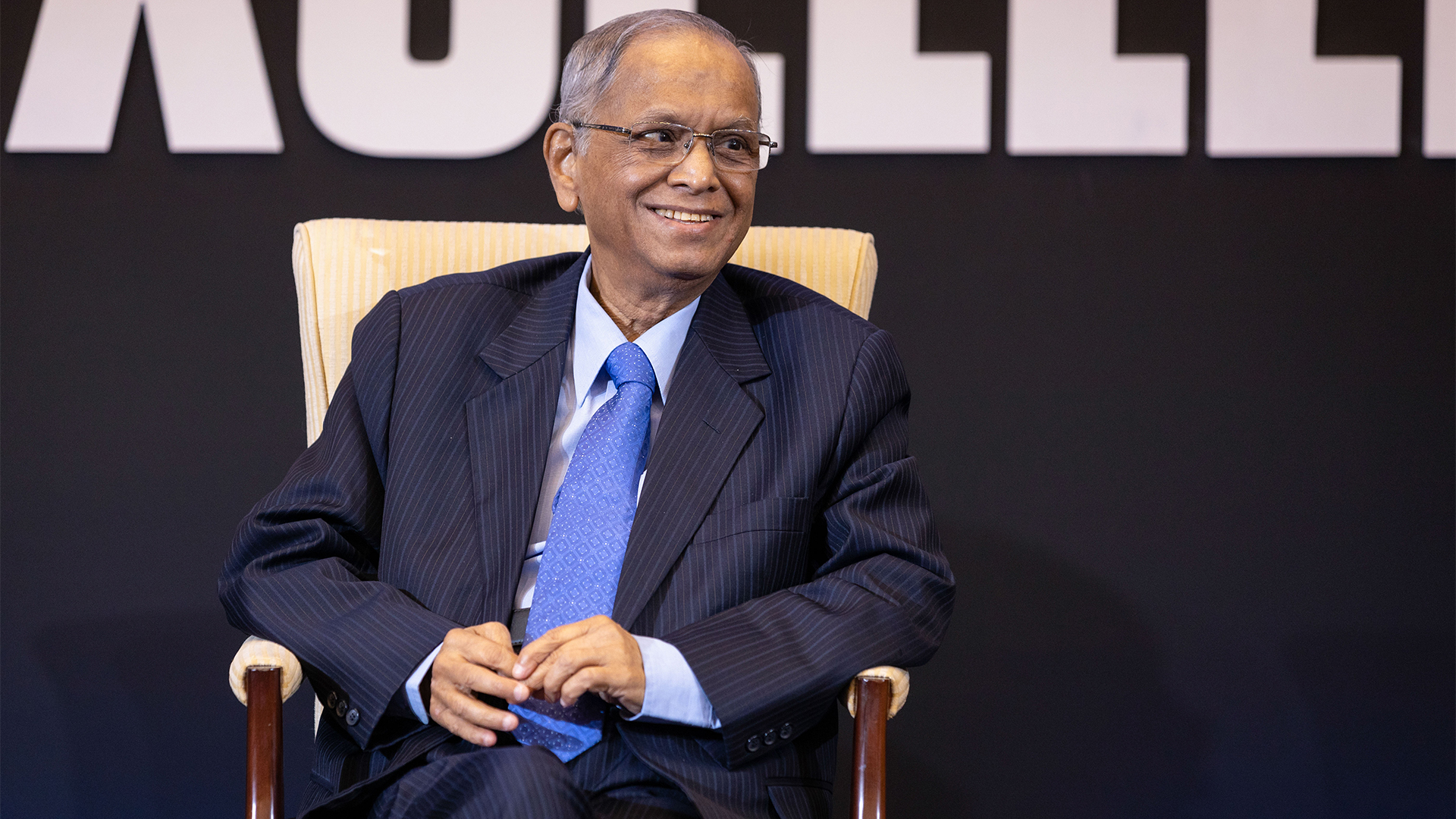Do we really need an office any more?
Does working from home - or anywhere other than the office - make business sense?


Sign up today and you will receive a free copy of our Future Focus 2025 report - the leading guidance on AI, cybersecurity and other IT challenges as per 700+ senior executives
You are now subscribed
Your newsletter sign-up was successful
"But being a social worker is not just about acting in the field. Being able to return to an office environment provides face-to-face interaction with co-workers. These peers provide an essential support network for social workers and improvements offered through flexibility are not a like-for-like replacement for co-worker interaction."
The office is dying. People need to get together but do you really need to do that every day in an office that is expensive to own and run? Executives will have to manage people remotely and be confident they're still contributing.
Employees are not only keen to be part of an office environment in order to gain from social benefits. Workers are also keen to be seen to be working, and ILM's research found home working tends to correlate with seniority. The survey found 77 per cent of chief executives and 54 per cent of senior managers work flexibly, compared with 37 per cent of first-line managers.
ILM found a quarter of executives believe flexibility is not seen as appropriate for managers, with a fifth believing that working away from the office would be career limiting. But change can happen and new trends can quickly emerge. A confluence of economic conditions and technological capability can mean something that was once seen as anathema can eventually be adopted successfully.
Mark Clarke, head of technology and operations strategy at Barclays Bank, says CIOs would never have been talking about a tablet strategy two or three years ago, particularly in a banking organisation. "But convergence of data and mobility is transforming how IT is being consumed. You just don't need to spend 20 per cent of your day commuting," he says.
Stuart Page, group CIO at Bauer Medla, is another IT leader who believes flexibility is the way forwards. His firm has an ever-increasing number of people working from home. Page says the firm originally managed flexible working as a separate management process. Yet the rise of consumer IT means such tight control is no longer necessary.
"Everyone has broadband access at home now and you just need to provide people with secure, virtual access to their enterprise apps," says Page, who outlines how mobility is already extended across the media firm's disparate departments. "Even some of our presenters on radio work from home via an ISDN line," he says.
Flexible working, therefore, isn't for everyone. But modern organisations cannot afford to maintain a dedicated office space just because of the need for face-to-face collaboration. "Some people like to come into an office," says Page. "But there's a shift taking place and, in most companies, there will eventually be a smaller core of workers in a head office who are servicing a larger group of flexible workers."
Sign up today and you will receive a free copy of our Future Focus 2025 report - the leading guidance on AI, cybersecurity and other IT challenges as per 700+ senior executives
Poli Avramidis, CIO at the BMA, also believes the traditional office is on its way out. Flexibility should, in the case, of many roles mean that being located in a central head office is no longer crucial, he says. For organisations that make the move towards decentralisation, senior executives will have to concentrate on ensuring collaboration and productivity stay high.
"The office is dying," says Avramidis. "People need to get together but do you really need to do that every day in an office that is expensive to own and run? Executives will have to manage people remotely and be confident they're still contributing."

Mark Samuels is a freelance writer specializing in business and technology. For the past two decades, he has produced extensive work on subjects such as the adoption of technology by C-suite executives.
At ITPro, Mark has provided long-form content on C-suite strategy, particularly relating to chief information officers (CIOs), as well as digital transformation case studies, and explainers on cloud computing architecture.
Mark has written for publications including Computing, The Guardian, ZDNet, TechRepublic, Times Higher Education, and CIONET.
Before his career in journalism, Mark achieved a BA in geography and MSc in World Space Economy at the University of Birmingham, as well as a PhD in economic geography at the University of Sheffield.
-
 SME hybrid working requires a rethink when it comes to network design
SME hybrid working requires a rethink when it comes to network designIndustry Insights SMEs have embraced hybrid working but their networks lag behind
-
 Stop treating agentic AI projects like traditional software
Stop treating agentic AI projects like traditional softwareAnalysis Designing and building agents is one thing, but testing and governance is crucial to success
-
 Infosys co-founder Narayana Murthy called for a 70 hour week last year — now he says that’s not enough
Infosys co-founder Narayana Murthy called for a 70 hour week last year — now he says that’s not enoughNews Murthy thinks longer hours akin to China’s '996' approach are the key to success
-
 Microsoft could be preparing for a crackdown on remote work
Microsoft could be preparing for a crackdown on remote workNews The tech giant is the latest to implement stricter policies around hybrid working without requiring a full five days in the office
-
 IT professionals aren’t budging on flexible work demands – and more than half say they’ll quit if employers don’t meet expectations
IT professionals aren’t budging on flexible work demands – and more than half say they’ll quit if employers don’t meet expectationsNews Analysis from Randstad shows 40% of UK-based IT pros have quit over a lack of flexible work options, while 31% of workers globally have done the same.
-
 'The tide seems to be turning towards office attendance': 64% of hybrid business leaders want staff back in the office – but many worry that enforcing RTO mandates will drive employees away
'The tide seems to be turning towards office attendance': 64% of hybrid business leaders want staff back in the office – but many worry that enforcing RTO mandates will drive employees awayAnalysis Many UK business leaders want their staff back in the office more frequently, but they’re scared to implement return to office (RTO) mandates in fear of worker revolts.
-
 Employees are dead set on flexible working arrangements – three quarters would turn down a role that didn't offer hybrid options as work-life balance becomes more important than pay
Employees are dead set on flexible working arrangements – three quarters would turn down a role that didn't offer hybrid options as work-life balance becomes more important than payNews New research shows workers are increasingly demanding flexible working arrangements from employers.
-
 Nearly half of tech workers are seeking new roles – declining employee benefits and reduced flexible working options have staff looking elsewhere
Nearly half of tech workers are seeking new roles – declining employee benefits and reduced flexible working options have staff looking elsewhereNews While salaries are rising for tech workers, other benefits are in decline, leading to a fall in job satisfaction
-
 Untethered: How CIOs and CISOs are paving the way for the new hybrid workforce
Untethered: How CIOs and CISOs are paving the way for the new hybrid workforceWhitepaper Effective techniques to transition from exposed legacy infrastructure to an effective zero trust strategy
-
 Unified endpoint management and security in a work-from-anywhere world
Unified endpoint management and security in a work-from-anywhere worldWhitepaper Learn how to converge endpoint management and security processes and systems to drive efficiency and reduce risk